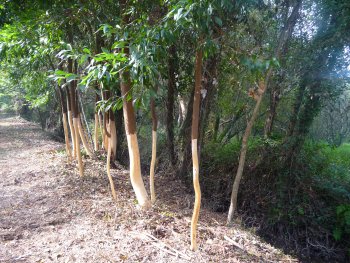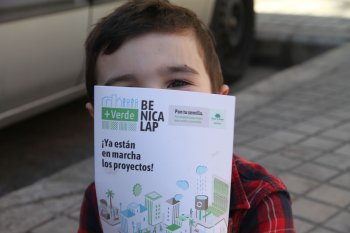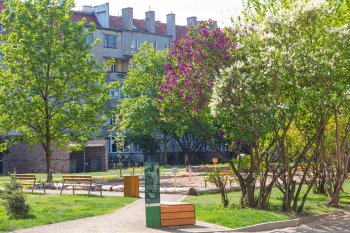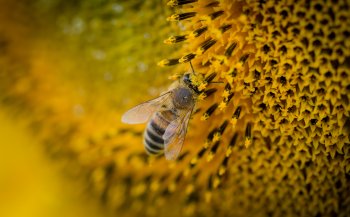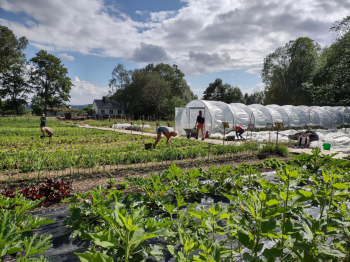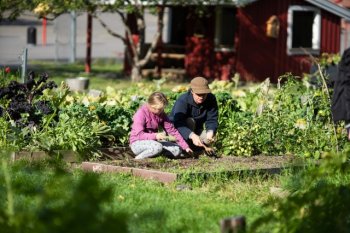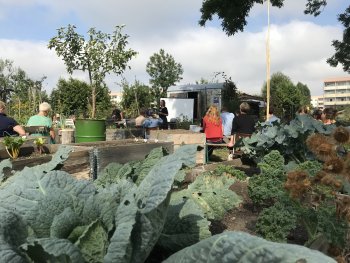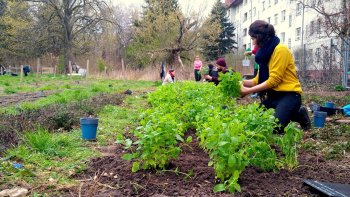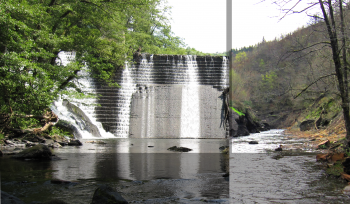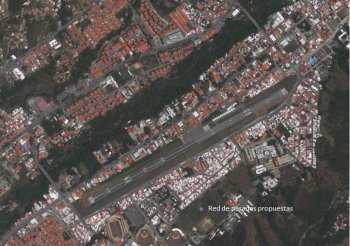Floodplain restoration in the Lima catchment, Portugal
After around 21ha of floodplain area were passively and actively restored under the LIFE FLUVIAL project, an enlarging of the intervention area is now being implemented. The floodplain forest restoration intends to develop/demonstrate an ecological restoration approach for fluvial floodplains transferable to lowlands at the biogeographic region (NW of Iberian Peninsula). The case study also aims at taking local stakeholders on board and reconcile the protection of priority habitats with traditional cattle production. The case study will also integrate an educational dimension and aims at...

